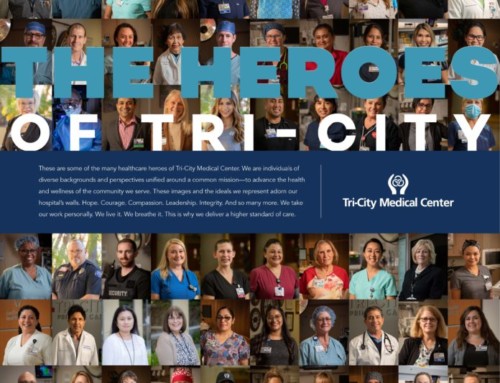 Helping any loved one through a mental illness can be a meaningful yet confusing experience. When that loved one is a teenager, the responsibility is even greater.
Helping any loved one through a mental illness can be a meaningful yet confusing experience. When that loved one is a teenager, the responsibility is even greater.
Roughly 1 in 5 young people live with a mental illness, and many of them suffer in silence. Because we expect teens to be somewhat hormonal, spotting the difference between regular growing pains and mental illness can present a unique challenge.
The good news is that, with the right resources, you can lift up the young people in your life who are facing behavior problems or mental illnesses. Here are a few ways to identify problems your teenager may be experiencing, and how to help them access the support they need.
Recognize the Symptoms Early
One of the most crucial aspects of helping teenagers tackle a mental health issue is noticing the red flags early on. The sooner you can spot the symptoms of mental illness, the sooner that young person can start receiving treatment. Here are some common types of mental illness among teens, and the signs to look out for:
- Eating disorders: Avoidance of food, rapid and extreme weight loss, major change in eating habits, expressed body image issues, immediate trips to the bathroom after eating.
- ADHD: Difficulty organizing tasks, easily distracted, constant fidgeting, impulsivity that leads to accidents.
- Depression: Disrupted sleep, sudden weight loss or gain, paranoia, expressions of hopelessness, sudden lack of interest in activities and/or social relationships.
- Anxiety: Withdrawal from social life, excessive emotion, talk of phobias, panic attacks.
Identifying these symptoms in your teenager from time to time doesn’t necessarily mean they have a mental illness, but it’s still a good idea to recognize any significant changes and present them to a physician.
Keep Communication Open
The stereotype about teenagers locking themselves in their rooms or avoiding family in favor of friends can be true. Nevertheless, maintaining open channels of communication with the young people in your life is one of the best things you can do to help them with mental health issues.
If you recognize symptoms of mental illness, let your teen know they are not alone. Open up about your own fears, challenges, or times when you have needed to seek out help for yourself. Developing a trusted network of adults around your teenager is also smart. That way, if your teen won’t come to you, they may feel comfortable going to another family member or family friend in a time of crisis.
Know Your Resources
Keep a portfolio of resources if you have spotted red flags in your teenager’s behavior. While you can’t treat your loved one by yourself, with the right help you’ll be able to make a difference to their mental wellbeing. Here are some of the top resources you have at your disposal:
- OK2Talk.org: This website serves as a community for young people who are aware of their own symptoms of mental illness. They can submit posts, read about other kids’ experiences, or call a free hotline to talk to someone. You may want to encourage your teen to participate so they don’t feel isolated.
- 211 and NAMI: In San Diego, you can dial 2-1-1 around the clock to be connected with health and community resources near you. Similarly, you can call the local National Alliance on Mental Illness branch at (800) 523-5933 to find out about support groups, meetings, and other educational services regarding mental illness in the area. Visit Up2SD.org for even more hotlines and online resources.
- Mental Health Professionals: Local counselors, psychiatrists, and general physicians offer a wealth of support and treatment. Build a relationship with a network of professionals your teenager feels comfortable with.
Adolescents are among the most vulnerable populations to deal with mental illness. Caught between childhood and adulthood, they may not feel comfortable talking about their difficulties – or even be able to recognize their own symptoms.
With open communication and valuable resources at your side, you can become the best ally for your young loved one. Contact our team of experts today to learn more about guiding your teenager through their mental health issues.





